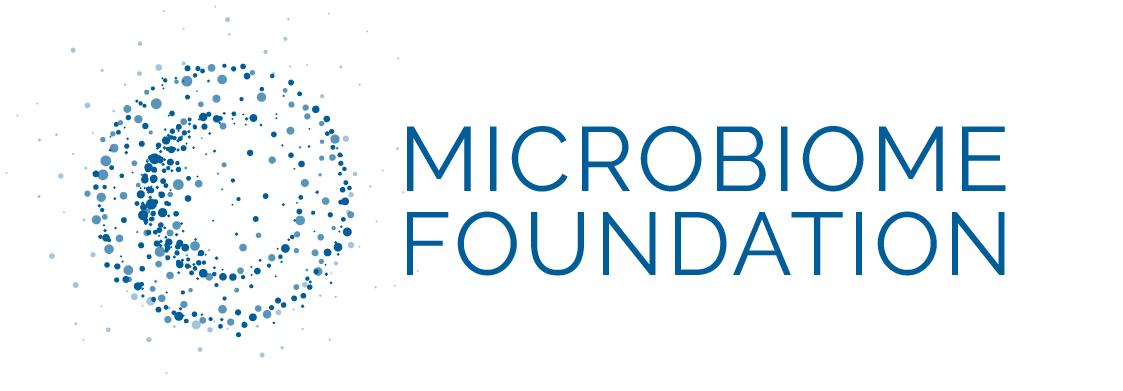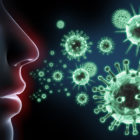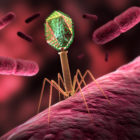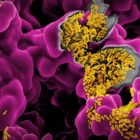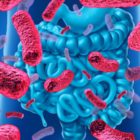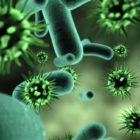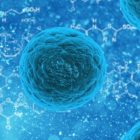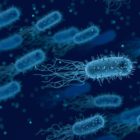- discusses where to direct the endowment’s funds and its work programmes before submitting them to the board of directors for approval,
- offers scientific advice to the board of directors.
The Scientific Council
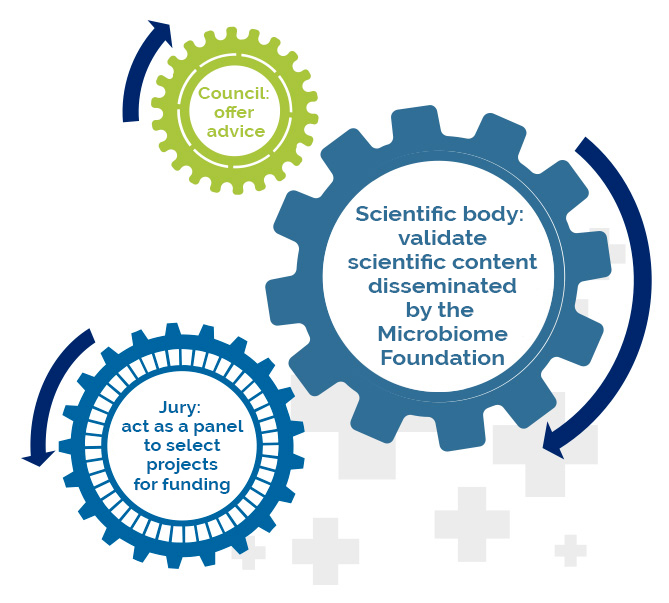

An advisory
body

An advisory
council body
- contributes to the scientific activities of the Microbiome Foundation,
- endorses the documents distributed by the Microbiome Foundation,
- carries out missions of analysis, evaluation, and scientific foresight assigned by the board of directors.

An advisory
jury
- evaluates projects received as part of the annual or biannual call for proposals,
- prioritises the projects selected for funding and presents these to the board of directors along with its opinion,
- submits the call for proposals to the board of directors for approval.
Members
Our Scientific Council, composed of experts, guarantees the scientific quality of projects selected to receive funding.
It acts as both a jury and advisory board.
Its highly qualified members represent various areas of work on the microbiota.
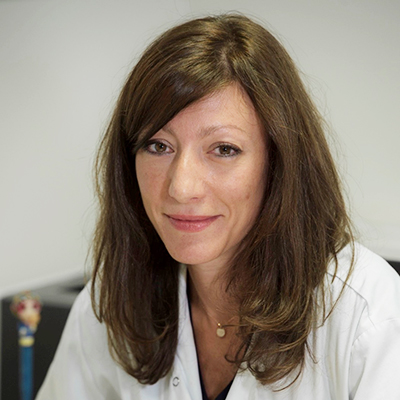
Dr. Judith ARON-WISNEWSKY, MD, PhD
University lecturer, hospital practitioner in the Department of Nutrition at Pitié-Salpétrière Hospital

Pierre DÉCHELOTTE , MD, PhD
Professor of Nutrition, Director of the INSERM 1073 laboratory “Nutrition, Inflammation, and Gut-Brain Axis Dysfunction”, Chief of the Division of Nutrition, Rouen University Hospital

Pr. Gérard EBERL
Professor of Immunology, Director of the “Microenvironment & Immunity” unit of the Institut Pasteur and INSERM, Director of the Department of Immunology, Institut Pasteur, Paris
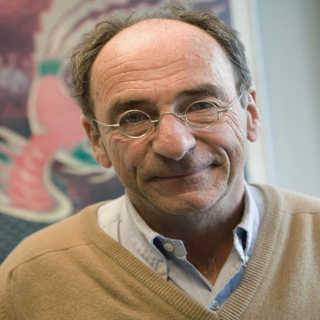
Olivier GOULET , MD, PhD
MD, PhD,Chief of the Division of Pediatric Gastroenterology, Hepatology, and Nutrition at Necker-Enfants Malades Hospital
Submit a scientific proposal
The Microbiome Foundation supports medical research projects on the gut microbiota – for which a healthy and varied diet is key – in its quest to prevent the development of diseases and to cure them, thanks to very promising new therapeutic approaches.
We fund clinical and fundamental research on the gut microbiota in connection with diseases associated with a disturbance of the microbiota in order to understand the mechanisms (immunity, metabolism, etc.) through which the microbiota acts.
Current projects
A) “Gut-liver” interactions in the area of primary sclerosing cholangitis (PSC), a research project at Saint-Antoine Hospital, a referral centre for biliary diseases.
This is Astrid Kemgang’s PhD thesis project, under the direction of Sara Lemoinne (assistant chief resident), Harry Sokol (university professor and hospital practitioner), and Chantal Housset (university professor and hospital practitioner).
Description: PSC is often associated with chronic inflammatory bowel disease (IBD), primarily ulcerative colitis and, to a lesser extent, Crohn’s disease.
Genomic studies have shown that IBD and PSC have a certain number of genetic susceptibility factors in common, while others are specific.
Dysbiosis, a state of disequilibrium of the gut microbiota, has been shown to be present in IBD and PSC. Moreover, the gut microbiota participates in the metabolism of bile acids, which can themselves alter the microbiota. Professor Harry Sokol’s team has shown that dysbiosis associated with IBD provokes changes in the composition of intraluminal bile acids, which are likely involved in the chronic inflammation seen in IBD.
The aim of this research is to study the enterohepatic axis throughout PSC in order to determine the potential impact of colonic disease on hepatic disease and vice versa.
B) Functional gastrointestinal disorders and anxiety disorders in obesity and anorexia nervosa: the role of the gut microbiota, a research project at Rouen University Hospital.
The Microbiome Foundation, thanks to the generosity of the Roquette Foundation for Health (https://fr.roquette.com/la-fondation-roquette-pour-la-sante/), is supporting the research project of Professor Pierre Déchelotte (Professor of Nutrition, Director of the INSERM 1073 laboratory “Nutrition, Inflammation, and Gut-Brain Axis Dysfunction”, Chief of the Division of Nutrition, Rouen University Hospital), which describes the role of the gut microbiota in the appearance and maintenance of functional gastrointestinal disorders frequently observed in anorexia and obesity.
How?
- Based on a series of animal (mouse) experiments using validated models of obesity and anorexia, stress models that induce digestive and eating disorders, and experiments in transplanting the microbiota of obese/anorexic animals.
- By studying the composition of the microbiota, the intestinal response (barrier, inflammation, immunity), nutritional status, and central regulation of eating behaviour.
- By evaluating specific nutritional interventions that target the microbiota in order to reduce digestive disorders and disordered eating behaviours in these same animals.
Why?
To identify potential new nutritional treatments (amino acids, fatty acids, prebiotics, probiotics) that, through their modifying effect on the microbiota, might make it possible to improve the therapeutic care and quality of life of patients with obesity or anorexia. The value of these results will subsequently be enhanced because of their availability to many affected patients.
Scientific watch
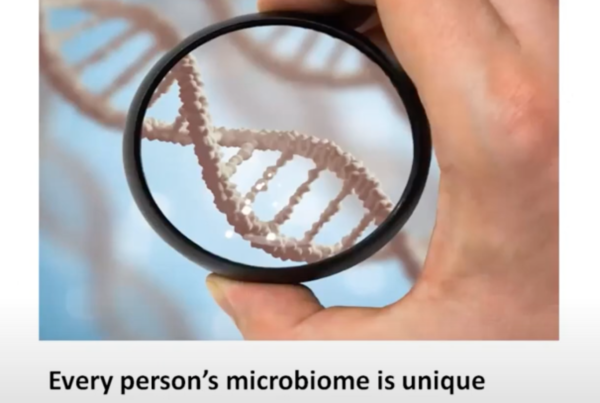
The gut microbiome and Long covid, interview of Dr Leo Galland by the Microbiome Foundation

Microbiome and antibioresistance: what links and what consequences for health?
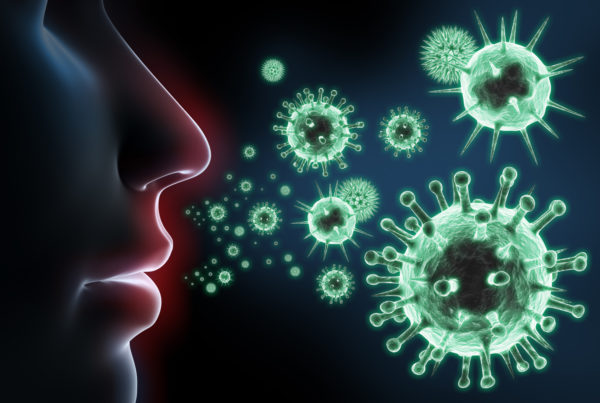
Microbial tone and respiratory health in the context of COVID19

